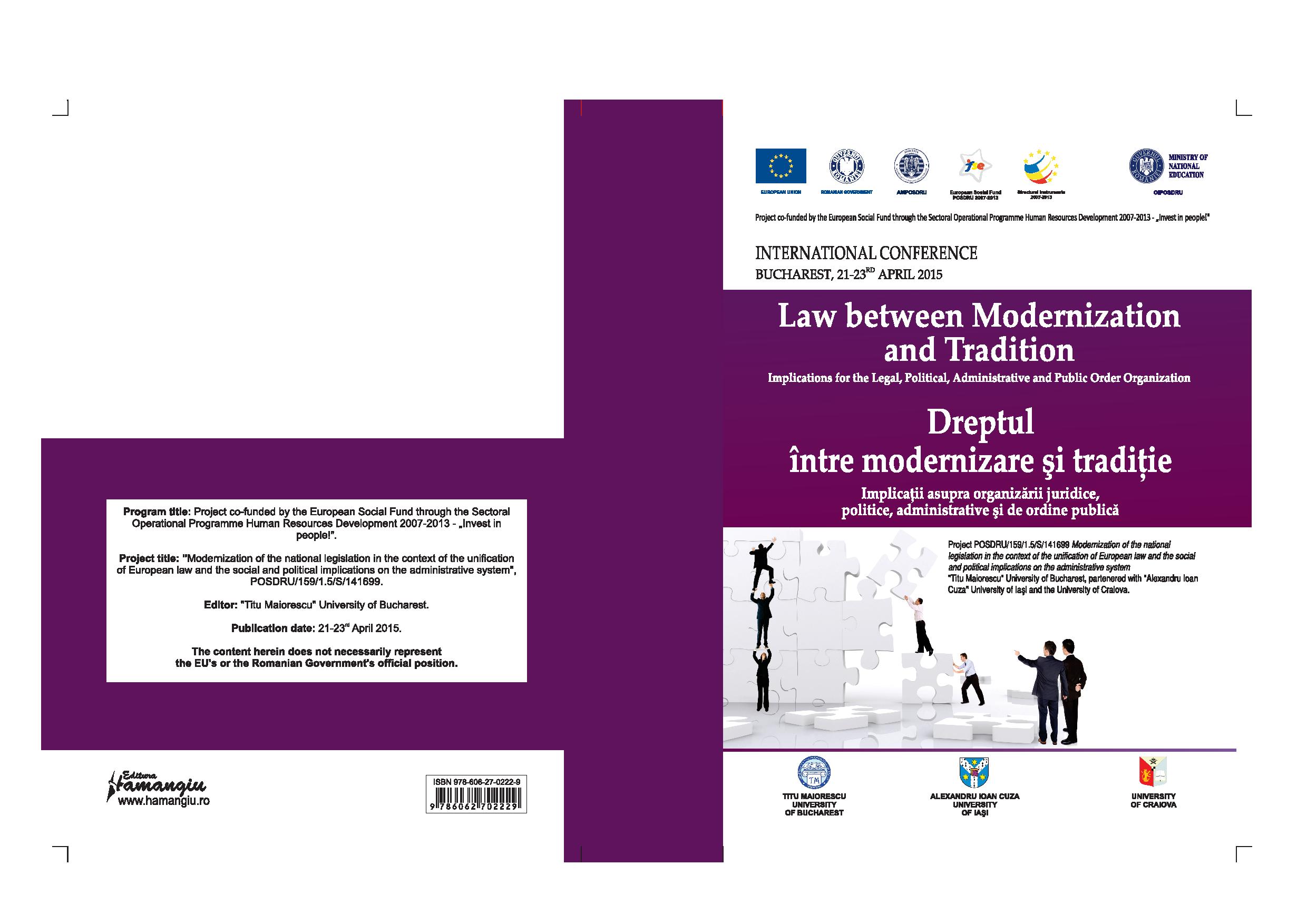JURISDICTIONAL IMMUNITIES OF FOREIGN STATES
AND HUMAN RIGHTS: WHICH BALANCE BETWEEN DOMESTIC ORDER’S FUNDAMENTAL VALUES AND INTERNATIONAL CUSTOMARY LAW?
JURISDICTIONAL IMMUNITIES OF FOREIGN STATES
AND HUMAN RIGHTS: WHICH BALANCE BETWEEN DOMESTIC ORDER’S FUNDAMENTAL VALUES AND INTERNATIONAL CUSTOMARY LAW?
Author(s): Giuseppe CataldiSubject(s): International Law
Published by: Editura Hamangiu S.R.L.
Keywords: human rights; State immunity; international law;
Summary/Abstract: International immunity rules have first developed through domestic jurisprudence. Domestic court decisions are therewith the primary source of state practice to which regard must be had when establishing the scope of a particular immunity rule under customary international law. The law of diplomatic and consular immunity is codified in the 1961 Vienna Convention on Diplomatic Relations (VCDR) and the 1963 Vienna Convention on Consular Relations (VCCR) , and the law of State immunity in the 1972 European Convention on State Immunity and the still to enter into force 2004 UN Convention on the Jurisdictional Immunities of States and their Property. Immunity rules are generally considered the example par excellence of domestic courts playing a central role in the application and development of international law. In Jurisdictional Immunities of the State (Germany v Italy: Greece intervening), the International Court of Justice (ICJ) emphasised that a survey of domestic court practice was indispensable for the identification of the scope of the rule of state immunity.
Journal: Conferința Internațională de Drept, Studii Europene și Relații Internaționale
- Issue Year: III/2015
- Issue No: III
- Page Range: 560-573
- Page Count: 14
- Language: English

